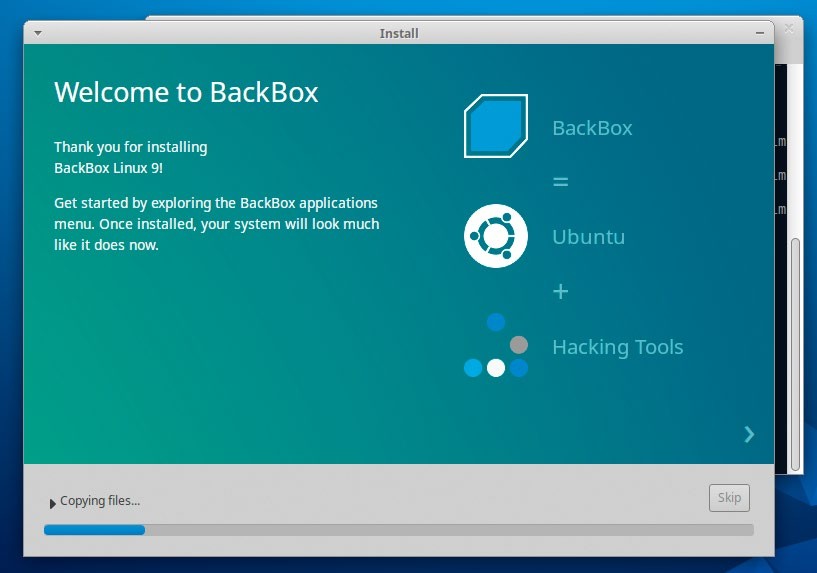W e’ve given up trying to tell Management about the original meaning of hacking. Namely that it has its origins in electronics buffs repurposing their hardware (which, in the earliest instance, was model railways) to do things it wasn’t designed to do. Today’s hackers still mess around with hardware, but also software, too. We dare say a good portion of the developers of major open source projects would consider themselves hackers – there’s a certain creativity to getting different tools and frameworks to play nicely with each other. Or getting C programming language to do exactly what you want. But none of this will sway Management’s or indeed mainstream media’s view that hackers are nefarious behoodied types intent on mayhem, theft and other vituperative acts.
In this feature, we’re not going to cause any mayhem at all, and even though we’ll look at some of the techniques and tooling those ne’er-do-well black hat hackers use, we’re going to stay on the right side of the law. While we’re pontificating, though, here’s an interesting fireside take. Visionary author and futurist Cory Doctorow (who we had the star-struck pleasure of interviewing back in LXF222) points out that Odysseus (King of Ithaca and also known as Ulysses) was the OG hacker. He found a way of circumventing the usual going-mad-and-forgetting-oneself effect that the mysterious Sirens’ song usually had on sailors. He had his crew plug their ears with wax (the accepted protocol for sailing past Siren island) and had them lash him to the mast, so he could hear the otherworldly melody and be immune from the desire to plunge into the waters and meet otherworldly sonorous doom.
BackBox to front
Usually when we cover hacking, penetration testing, security and things of that ilk, we base our efforts around Kali Linux (www.kali.org). Kali is a Debian-based distro that comes jam-packed with everything you need to start your (non-crimey) hacking career. For this outing, we’re changing things up a bit and switching to BackBox Linux (https://linux.backbox.org). If you’re familiar with Kali, you can follow along with our voyage, since it includes all the tools we’re going to cover. But it’s always nice to try something new. BackBox is based on Ubuntu, and fairly uniquely among Ubuntu offshoots has the Launchpad repository (where new Ubuntu packages are tested) preconfigured. So, you don’t need faff around with PPAs in order to get the latest tools.

BackBox uses the Ubuntu installer, so getting it installed is a breeze.